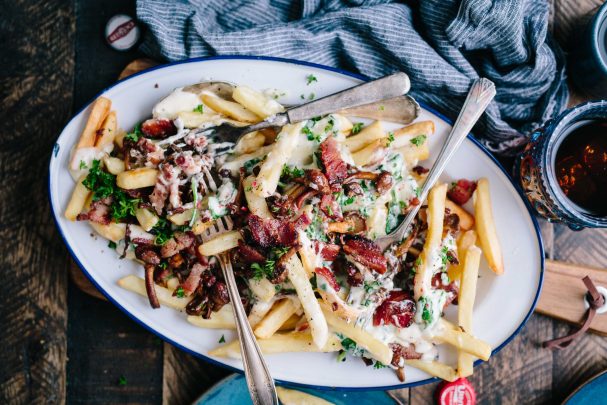We’ve all experienced those late-night cravings that tempt us to run to the kitchen for a midnight snack. However, it’s important to understand why eating before bed may not be the best idea for us in general. Let’s look at some reasons why eating before you sleep is not the greatest idea.
Prevents you from getting restful sleep
Eating too close to bedtime can disrupt your sleep patterns. When you lie down with a full stomach, your body has to work harder to digest the food, potentially leading to discomfort, indigestion, or even acid reflux. This can make it difficult to fall asleep

ALSO READ:
These sleeping positions should become your go-to’s
Makes it more difficult to maintain weight
Late-night snacking often involves consuming high-calorie, unhealthy foods that can contribute to weight gain. When you eat before bed, your body doesn’t have ample time to burn off those calories, and they are more likely to be stored as fat.
Causes digestive issues
Our metabolism naturally slows down as we prepare for sleep. Eating heavy, fatty, or spicy foods before bed can strain the digestive system, which can lead to discomfort, bloating, and bowel movements that can affect your routine. It’s best to allow your system to fully process and burn through your last meal before you go to sleep.

Impacts energy levels
Eating before bed can affect your energy levels the next day. A heavy meal can leave you feeling sluggish and groggy in the morning, impacting your productivity and overall well-being. Choose a lighter meal in the evening, it will provide your body with the nutrients it needs without compromising your energy levels too much.

While occasional late-night snacks are okay every now and then, it’s important to be mindful of what and how much you eat before bed. If you feel hungry, try reaching for a light and nutritious snack such as a piece of fruit, a handful of nuts, or a small bowl of yoghurt.
ALSO SEE:
Less is more – so let’s get naked! The benefits to sleeping nude
Feature Image: Unsplash

